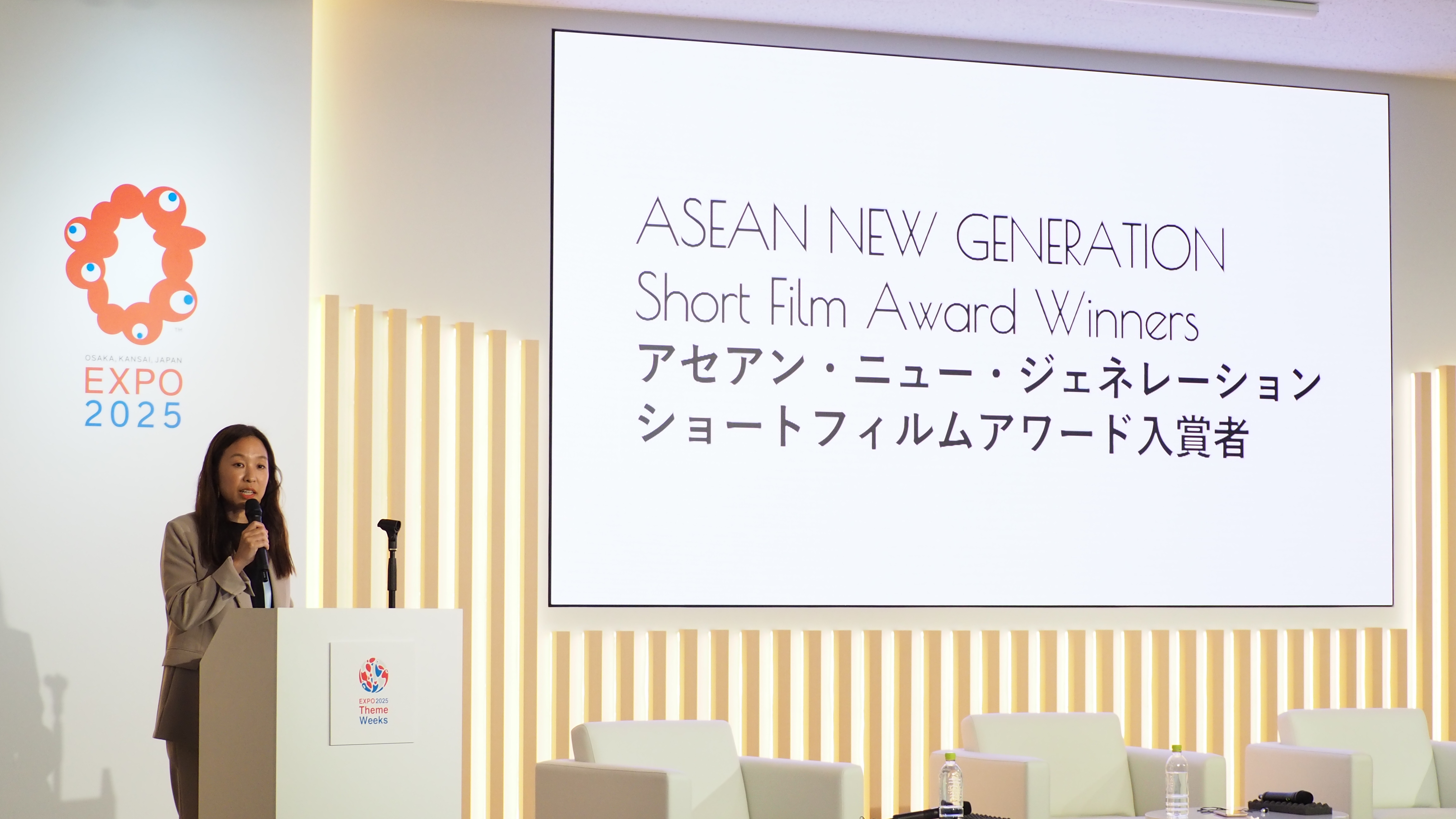Since high school, Yusril Mahendra has always been drawn to filmmaking, pointing to Christopher Nolan as a major inspiration. Now specializing in documentaries, he still occasionally feels the excitement and urge to make fiction films.
Together with a group of friends he met through his local film community in Jambi, Indonesia, Yusril has made multiple films from what he has observed within his community. One of which is “The Assignment”, which won the ASEAN NEW GENERATION Most Popular Film Award in 2024.
But Yusril’s story is not the only story that we wish to share. To better understand the individuals behind the films, we sat down with a few of the winners (those who accepted our interview request) to learn more about their backgrounds and what motivated them to get into filmmaking and to join the competition.
The Assignment – Yusril Mahendra (Indonesia)
Initially made for a different competition, Yusril and his team thought that their film aligned well with the Short Film Award and sent in their submission. The Assignment was first conceptualized when Dhanny Wijaya Setiawan, the scriptwriter, came across the story through one of his friends. After receiving permission to convert it into a short film, Dhanny reached out to Yusril and Husni (Yusril’s mentor) to make the script a reality.
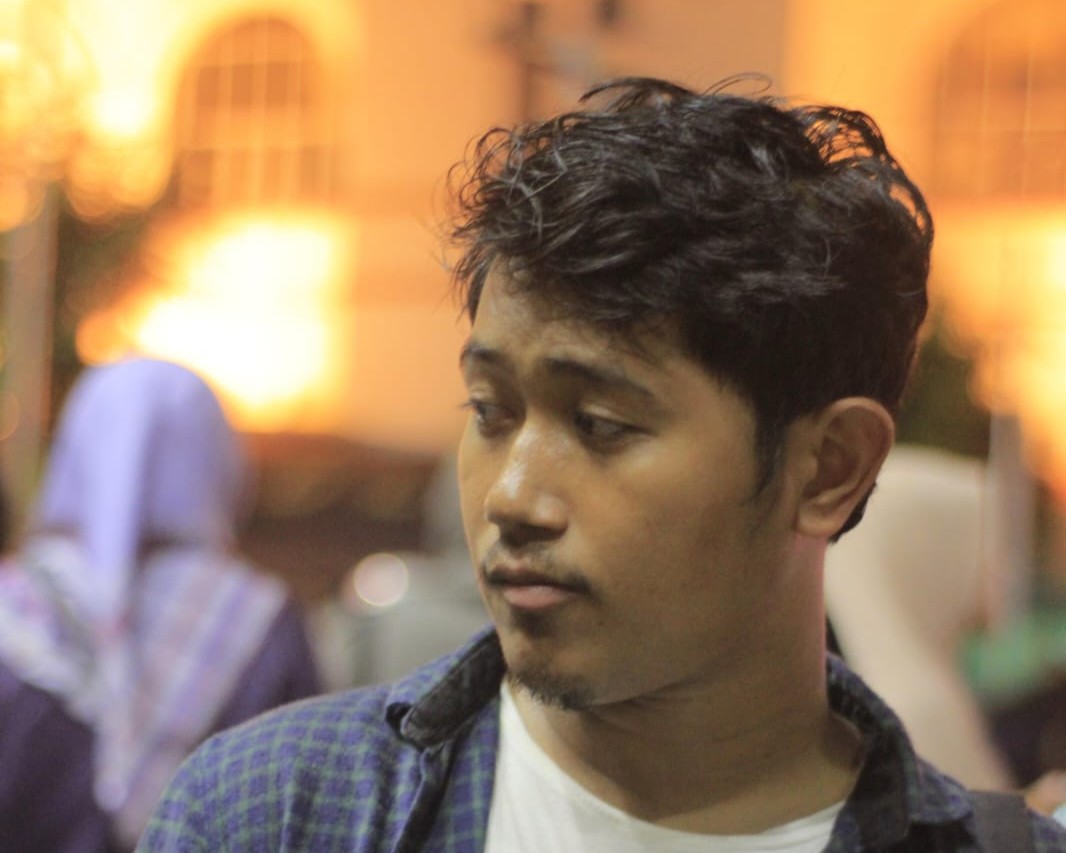
In many of Yusril’s works, there is a recurring theme of personal transformation. Jambi holds countless untold stories, and both he and Husni hope to share them in ways that are accessible and authentic, as was the case with The Assignment. And to keep the story as faithful as possible, Yusril mentioned that rathar than having a particular audience in mind, he prefers letting the stories find their audiences instead.

At the end of the interview, Yusril’s message to everyone was similar to that of what he tried to portray in the short film:
“Through this film, we hope to highlight that in Indonesia, there are still areas where women and men don’t always have the same opportunities. This imbalance influences how education is shaped, and we believe there’s room for change so that both girls and boys are given equal chances. It’s not about giving special treatment but about making sure everyone has a fair shot.” (Machine translation was used for this part as Yusril responded in Bahasa Indonesia for this segment.)
Watch Yusril’s short film on YouTube: https://youtu.be/AQKKTn8Xt5Y?si=7tX68F-wPi3O9JBR
Frames of Tomorrow – Kim Viputh (Cambodia)
Beginning from photography in 2018, Kim’s interest in visual storytelling eventually morphed into filmmaking. He describes being drawn to how moving images and sounds can evoke different emotions and tell a deeper and more layered story.
Learning about the ASEAN NEW GENERATION Short Film Award, Kim felt compelled to share a story from Cambodia with the rest of the region and Japan. A story seen through their own eyes.
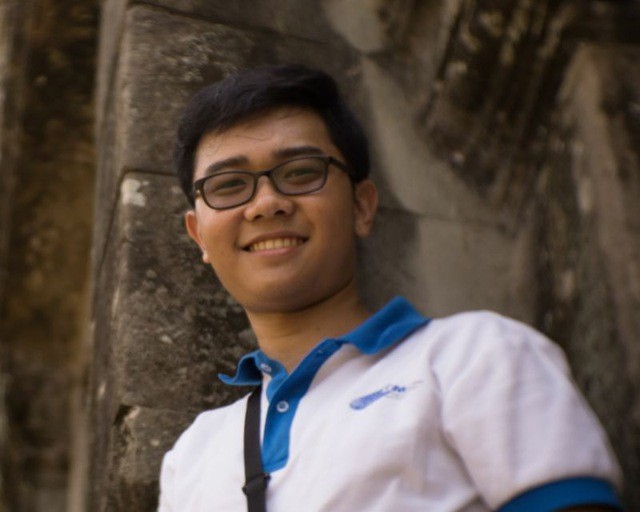
Getting started, Kim recalled location scouting, identifying it as one of the most enjoyable parts of the process. He had wanted to capture familiar places in Phnom Penh that held “quiet cultural beauty”, and the locations he found were eventually included in the short film.
Primarily inspired by his own solo photo walks through Phnom Penh, Kim said that he wanted the film to convey the feeling of self-reflection that he had during those walks on his identity as a young Khmer artist.

During the film, Kim felt that something that might have gone unnoticed was a part that featured a transition from the chaotic city sounds to the softer, quieter tones when the main character begins reflecting through her camera. Kim also wanted to emphasize that the photos that were captured were not just about photography, but about finding culture and meaning in the people that we frequently pass by, often without a second thought. This message was something personal that Kim hoped would quietly resonate with the viewers as they watched his short film.
Watch Kim’s short film on YouTube: https://youtu.be/C8htovHJazU?si=oZhCu-BCsqbgKF_Z
The Grilled Rice – Xokananh Khamsomphou (Lao PDR)
Pursuing a degree in computer engineering in Laos, Xokananh’s foray into filming was not entirely planned. He first came into contact with filming during his last year of high school, when a friend asked him to help with a film project. Now, Xokananh has four works to his own name and continues to look for more opportunities to make films.
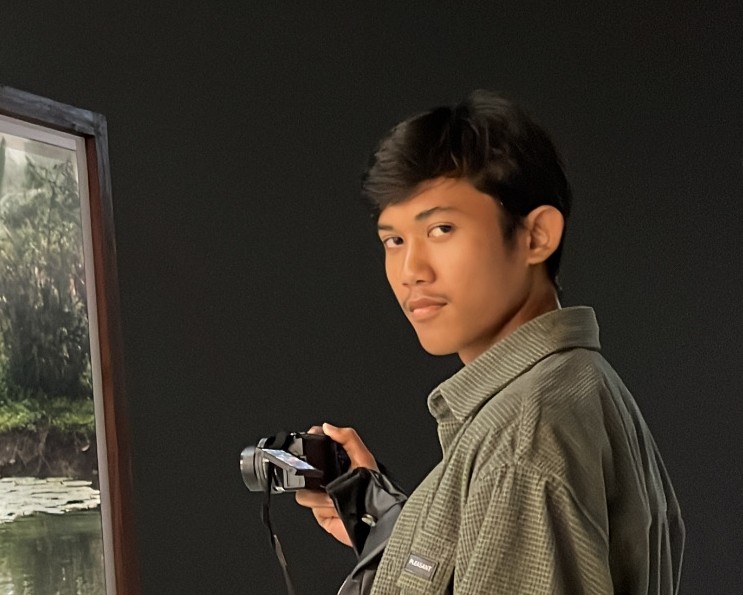
What motivated Xokananh to join the Short Film Award was his love for Japan, mentioning that being able to visit Japan someday as a dream.
In order to make the film, Xokananh enlisted the help of his cousin. Together, they filmed in the cousin’s village about two hours away from Vientiane, where Xokananh is based. Xokananh mentioned that the cousin, who debuted as the protagonist in this film, has since became interested in acting as well.
When asked if there is anything about Laos that he would like to share with the people of ASEAN and Japan, Xokananh really wanted to highlight the friendliness of the Lao people. He described that all over Laos, it is a common for people to invite their neighbors over to share meals, even in bigger urban areas such as Vientiane. This aspect of selflessness and trust is something that Xokananh holds close to his heart and is something that he had hoped to convey a little through his short film.
Personally, Xokananh was most proud of two scenes: when the protagonist walked through the rice fields, and the scene where the protagonist had grilled rice with his younger siblings.
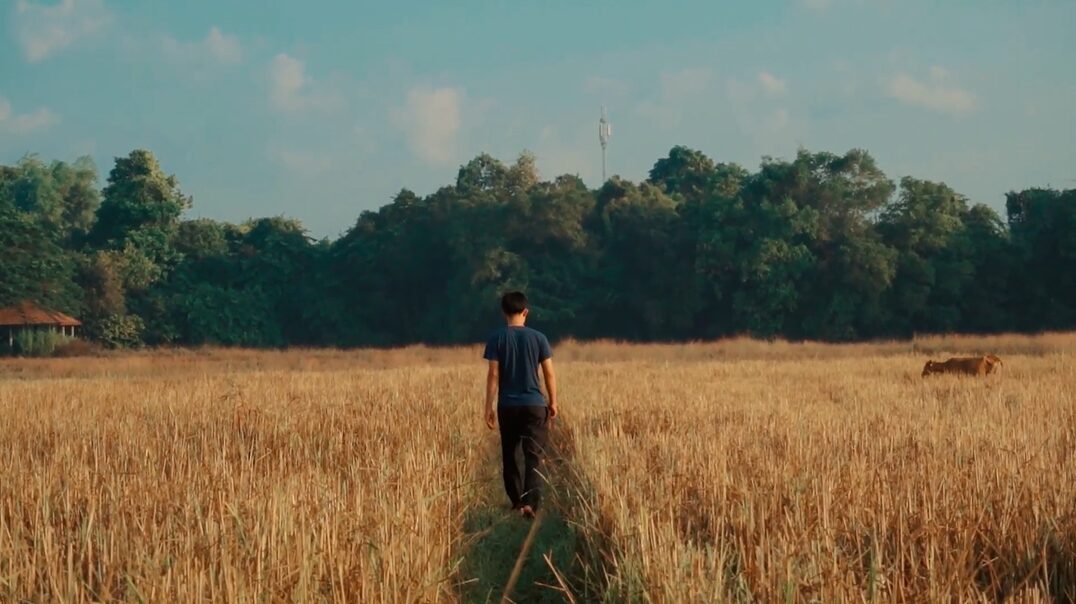
Watch Xokananh’s short film on YouTube: https://youtu.be/faHKNJNrqYM?si=-V9M7ALAXvzJFLC6
Hobby – Lance Christian Gabriel (Philippines)
Starting his filmmaking journey from a young age is 22 year old Lance, first coming into contact with the craft when he received a filming assignment in elementary school. Unbeknownst to him at the time, he would go on to develop an undying passion for filmmaking. Now pursuing a Major in Cinematography, Lance regularly creates short films, documentaries, and socio-political stories, highlighting the stories of those overlooked and sidelined in society.
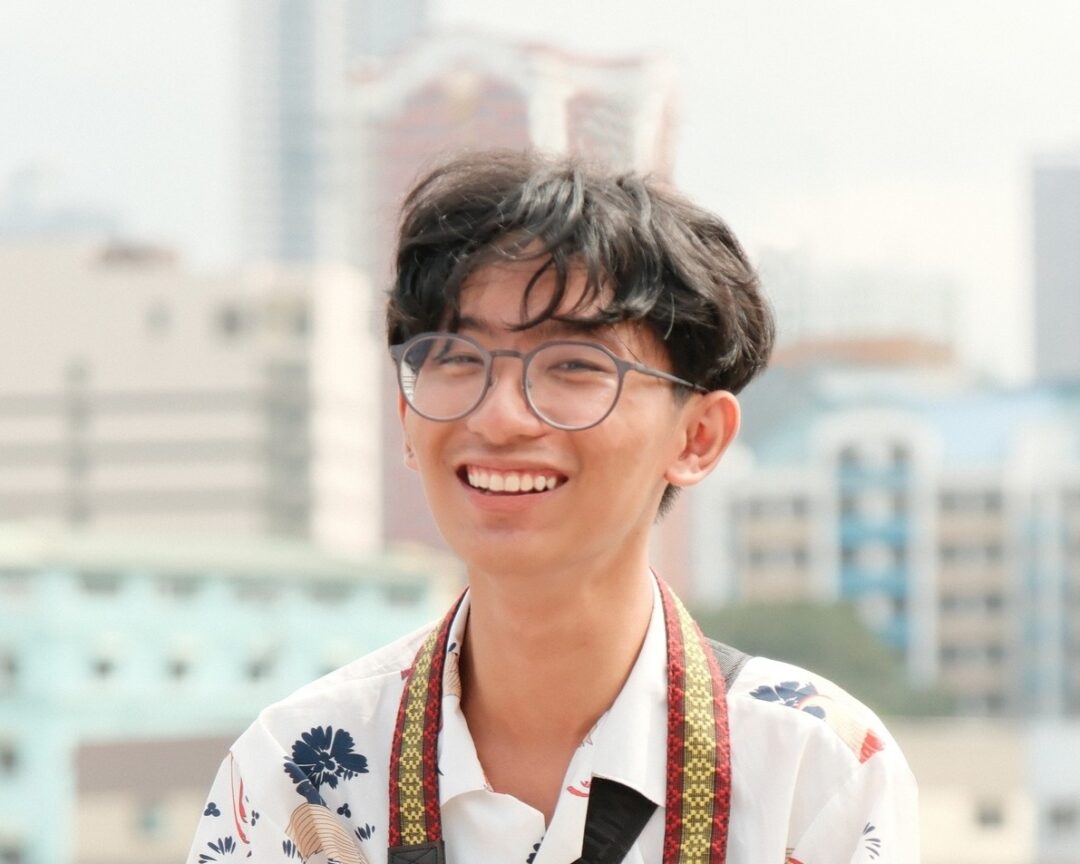
In-line with this, Hobby was made in an attempt to highlight the social adversities that hobbyists and artists tend to go through in the Philippines in middle and high school. As a former cosplayer themselves, Lance’s idea of the short film drew on personal experiences of the psychological stress that he faced when partaking in the hobby.
When asked about what he would like others to take away from his film, Lance’s message reflected his passion for combating negativity. He believes that more should be done to combat the discrimination and shaming that people face when they pursue their creative interests, especially when they are still students. By fostering a more supportive environment, Lance hopes that more students will be able to explore their creativity and support each other in the process.
Being in film school, Lance found support in the other students, who readily agreed to help each other as crew members or as actors. As for the main character, Lance felt that it was only appropriate that they starred a friend of theirs that they got to know through cosplaying and someone who was still pursuing their passion in it.
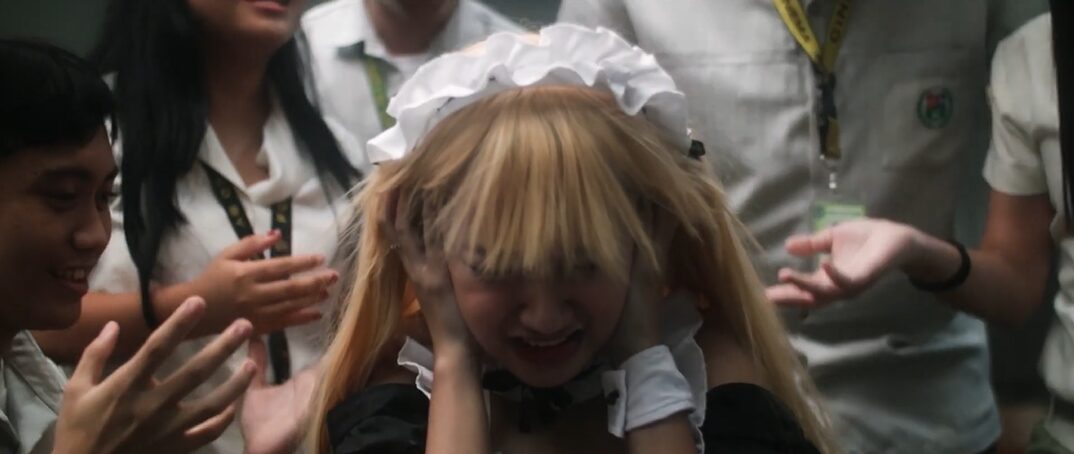
Watch Lance’s short film on YouTube: https://youtu.be/-K17h9KA-B8?si=4oJ5cwgkjMfWWAP8
KANTO – Alfonso Sales (Philippines)
Behind the whimsical and dynamic film of KANTO is Alfonso Sales, a professional filmmaker based in the Philippines. Alfonso first found his calling for filmmaking in high school when he held the camera for various video projects. From there, his passion grew and he went on to enroll in a digital filmmaking program and has been making films professionally for 8 years.
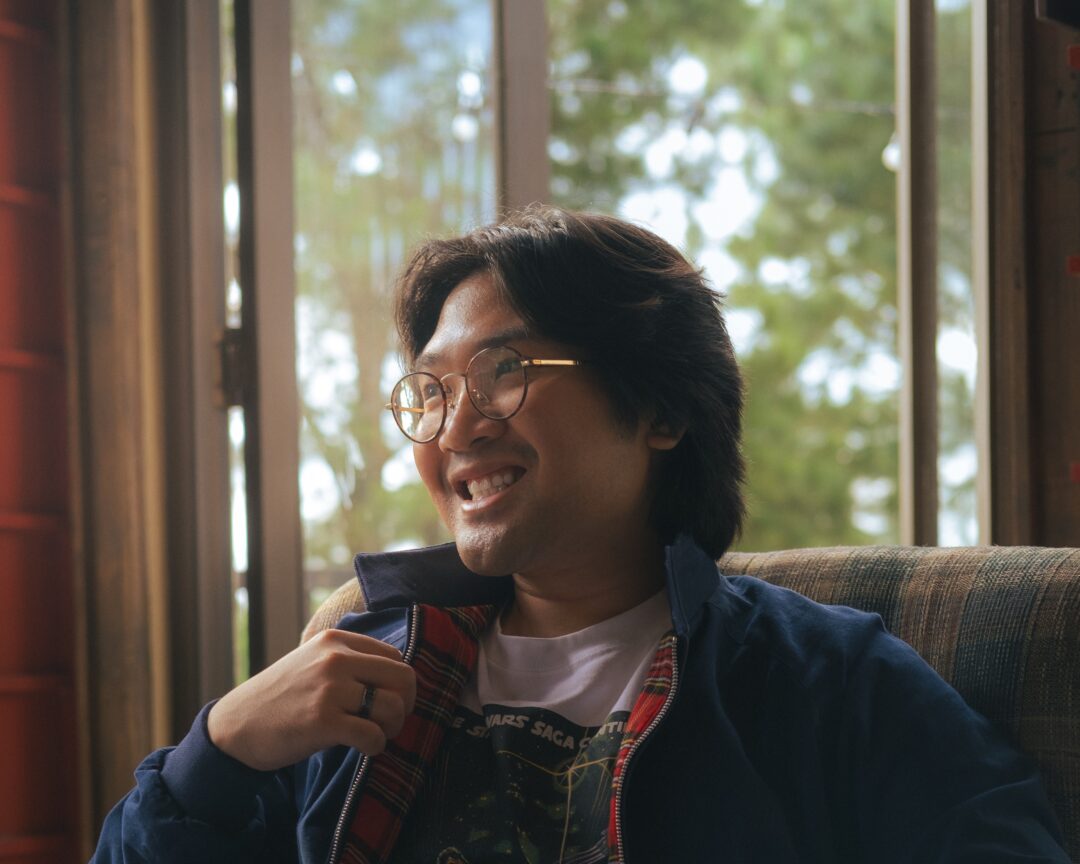
Alfonso participation is also one of fate. He had just finished filming KANTO when he learned about the Short Film Award, but felt it was the perfect opportunity to showcase his film, which was a tribute to Filipino street vendor culture, to a wider audience.
The idea for KANTO came into Alfonso’s mind after he shot another short film that revolved around a duel between two cowboys akin to those that were seen in old Western films. Inspired, Alfonso wanted to create a film that would feature street vendors in the Philippines engaged in a similar yet culturally adapted stand off.
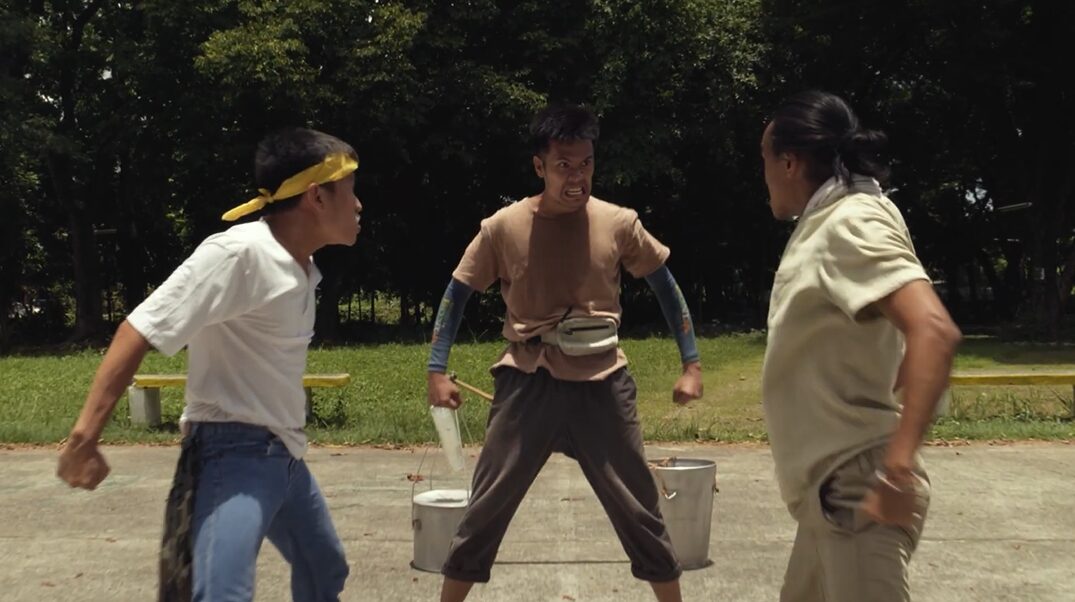
Looking up to Spielberg, Alfonso is partial to a style of filming that is precise in its execution. He also enjoys the work of Cloud Campos who was a dancer turned filmmaker and his style of turning everyday situations into unique and engaging scenarios. While Alfonso says that he is still on a search for his own style as a storyteller, he has found the journey thus far to be fun and exciting.
About KANTO, Alfonso wanted to highlight some techniques that were used in the film. To make the film relatable, Alfonso utilized some POV shots from the perspective of the child who was choosing the vendors to allow the audience to feel the dilemma that the child was feeling. They also intentionally chose the scenes that should be still and the scenes that should be moving to suit the different moments. Choreographing the camera to the choreography of the dancers were also necessary to produce the effect that it had on the film.
In closing, Alfonso’s message to everyone was that the Philippines is filled with rich culture and endless stories that are as good as their food.
Watch Alfonso’s short film on YouTube: https://youtu.be/sYnJ7FUNOKI?si=kbsPi0Udmula4JMU
Magiging Okay Ang Lahat / Everything’s Gonna Be Okay – Patrick Baleros (Philippines)
Though not a filmmaker in profession, Patrick has long held an interest in filmmaking, even going to film school for his university studies. From there, he became a director for advertisements before settling on his current profession as a motion graphics designer. Despite that, he described occasionally having a creative urge to make films.
Coming across the call for submissions for the Short Film Award on Instagram, Patrick recalled that it felt like the perfect motivation he needed to put things into action.
Patrick, being no stranger to classic Japanese films, pointed out Ozu Yasujiro more down-to-earth style as his biggest inspiration for his filming journey, as opposed to Kurosawa Akira’s more grandiose stage sets. For Magiging Okay Ang Lahat, it was Ozu’s Ohayo that spoke the most to him. In particular, Patrick explained that through Ohayo, Ozu’s style of using simple stories to tell a bigger story was something he had hoped to replicate through his own film.

When asked about what he wanted viewers to take away from his short film, Patrick highlighted that at the end of the day, the film was about empathy. It is easy to get irritated at the actions of others, especially in today’s world, but Patrick believes that in most cases everyone’s behavior is a product of the system they are subjected to and that everyone has their own struggles. Hence, understanding that, instead of fighting for punishment, it would be more productive to be fighting for a better system.
Watch Patrick’s short film on YouTube: https://youtu.be/Q6s3I5sPl0c?si=wBsqU6ZpJzCmO5zb
The Outside Life Balance – Somsavath Sygnavong (Lao PDR)
Telling a story of burnout is 29 years old Somsavanth Sygnavong based in Vientiane, Laos. Having done short videos for eight years, what started out as a hobby eventually became something serious.
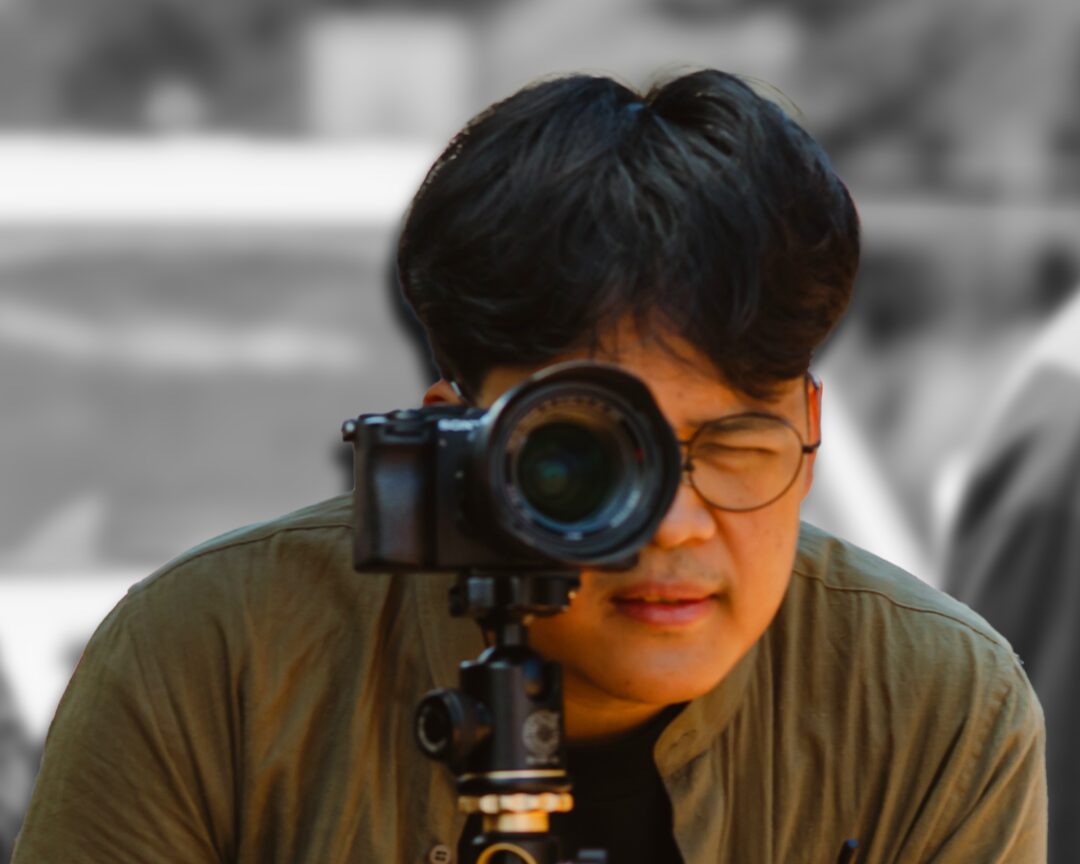
Somsavanth spotted the call for submissions through social media and felt that it was a meaningful platform to share a story that reflected not only their personal story but also “the culture and soul” of Laos.
The Outside Life Balance was made in consideration of the theme of the Short Film Award, incorporating both modern life and traditional Laotian values, presenting a contrast between the two. It was also inspired by his own experience with burnout in the fast-paced urban life and his frequent trips to the countryside.
In his film, there were moments where Somsavanth wanted to relay a sense of realism and intimacy, and he did so through handheld camera techniques. But in order to bring the vastness of the countryside to life, he felt that the use of drones to capture wide shots was necessary to highlight the beauty and peacefulness of rural life. Somsavanth recounted that the process of filming in the countryside posed its own challenges as well considering the limited resources they had and the unpredictable weather conditions. Moments of silence during the film were also intentional in bringing out the weight of the moments in certain scenes.

Overall, what Somsavanth wanted to convey through his film was that even in a modernizing world, Laos still holds onto a sense of simplicity and peace that is achieved by having a deep connection with nature and its communities.
Watch Somsavanth’s short film on YouTube: https://youtu.be/ginwKoi7eR8?si=9PLK-PP83gHHJsNU
Replay – Franky Arrocena (Philippines)
Another young filmmaker is 25 years old Franky Arrocena. Growing up in a difficult environment, Franky talked about how their family often had to get by without electricity or water and how he and his mother would have to sell street food to make ends meet. Despite that background, he found an escape by listening to the stories of people on the street or through folklores and urban mythologies and fell in love with storytelling.
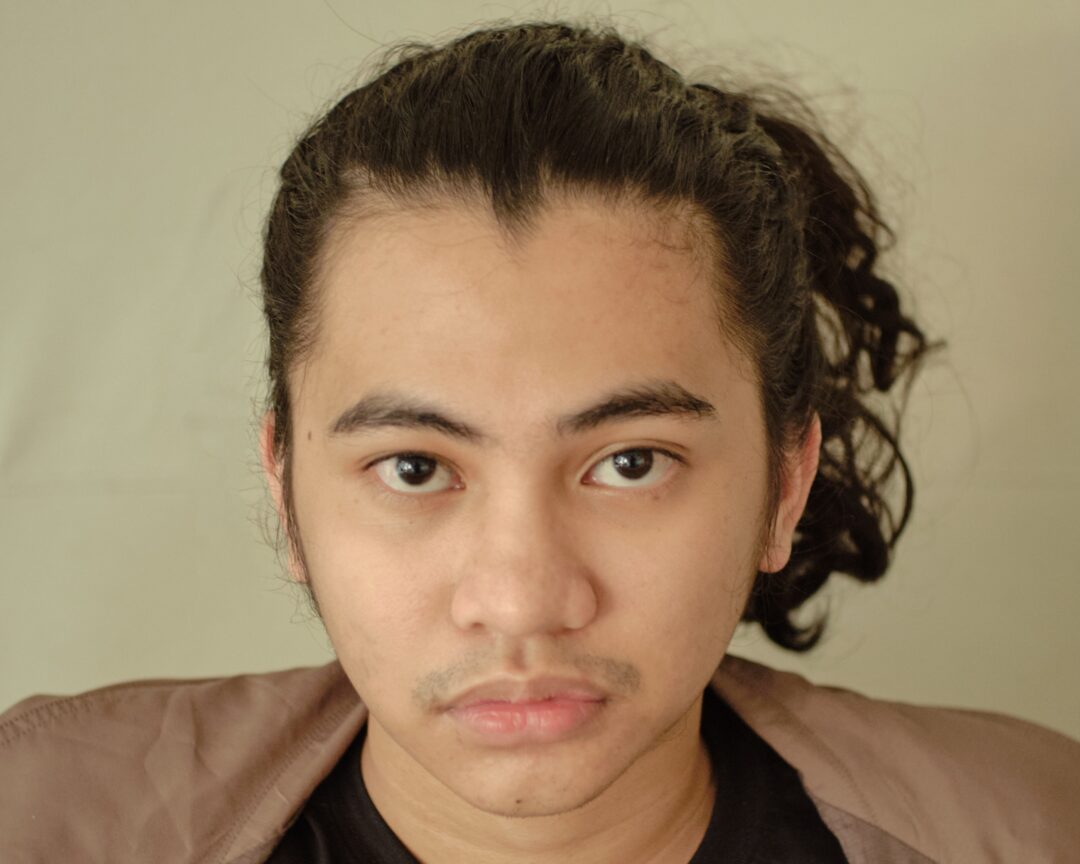
Franky found his breakthrough in 2016 through his film Nirvana, which was shown in theatres around the Philippines when he was still a student. After graduating, Franky wanted to support other first-time filmmakers in Davao as well and founded Duwende Films to create a safe and nurturing space for such individuals. Franky has now nine years of filmmaking experience his belt.
Along his life, Franky eventually had a Japanese stepfather along the way who helped shaped them into the person they are today. As such, when Franky saw the call for submissions for the Short Film Award, he thought that it would be an opportunity to achieving his dream of showcasing his art in his father’s home country.
Inspired by Disney-Pixar films for much of his life, making light-hearted and heartwarming stories is a process that Franky personally finds the most joy in. Even in more emotional films like Replay, Franky made sure to find room to fit in the themes of family, friends, community, and love.
Shot during the pandemic era, the entire production had to be done online and through video calls. But while this posed an immense challenge to the filming process, it ultimately imparted onto the film an additional layer of depth and character.

Through this film, Franky wanted to share the family-oriented nature of Filipinos and the unique challenges that Overseas Filipino Workers face, especially the stress of those who worked in the healthcare sector and their families during the pandemic years.
Watch Franky’s short film on YouTube: https://youtu.be/o1gS2bg8-vA?si=MYEh1b9DCQMjhDgY
Conclusion
While filmmaking in ASEAN is still relatively nascent compared to more established regions, there is a growing trend among young people to create video content, including films. Through these films, both new and old topics can be explored from a new lens: the perspectives of a younger generation of ASEAN that are familiar with both the traditional and the modern side of their countries.
By bringing these films to Japan and sharing them with young audiences, the ASEAN-Japan Centre hopes to build deeper understanding and empathy between the people of ASEAN and Japan, highlighting that while our backgrounds may differ, the emotions, hopes, and struggles at the heart of each story are something that are shared among all of us.
The ASEAN NEW GENERATION Short Film Award 2025 is now underway, and we look forward to being able to present even more films to the Japanese public.
*The directors of “Dear, Bapak…” and “Distance” were unavailable for the interview. Their works are viewable on YouTube in the links below.
Watch Dear, Bapak… on YouTube: https://youtu.be/QpVbu3paiY4?si=YZzdap0YfJWxeOSD
Watch Distance on YouTube: https://youtu.be/rksd9JPDUHs?si=pNa4Y_L1B-t8GStd


